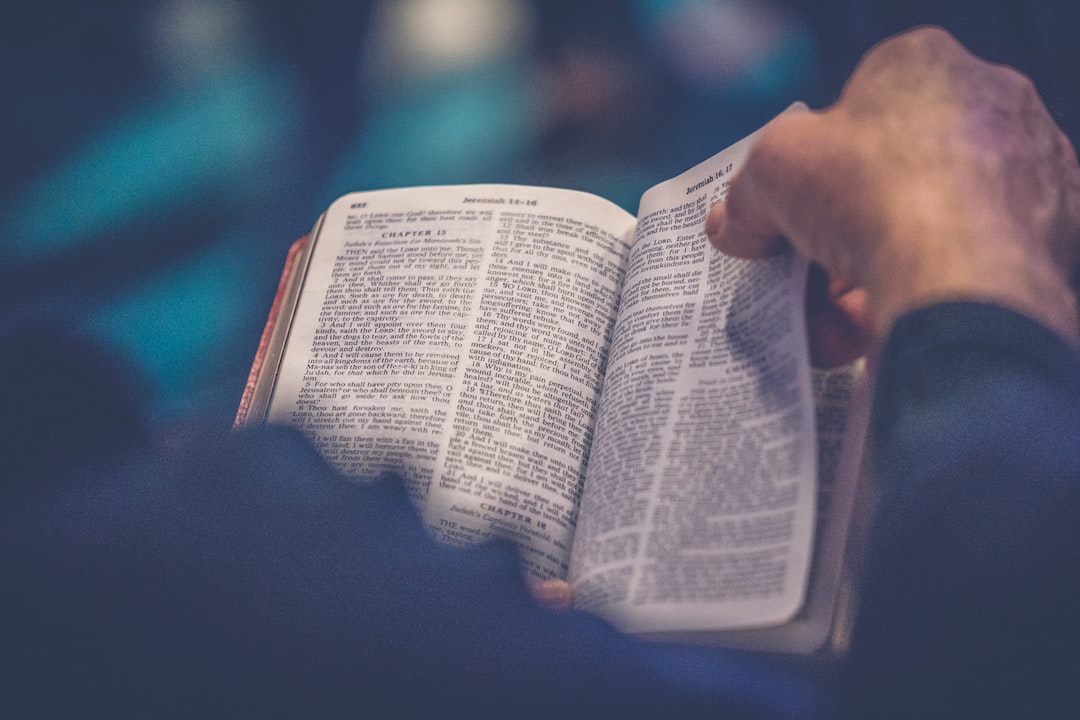Comparing and Contrasting Creation Myths from Different Religions
Throughout history, different cultures and civilizations have developed their own unique creation myths to explain the origins of the universe and humanity. These myths, rooted in various religious beliefs, highlight the diversity and richness of human imagination and reflect the values, traditions, and cosmological concepts of different societies. In this blog post, we will explore and compare creation myths from three different religions: Greek mythology, Hinduism, and Christianity.
Greek mythology, often regarded as the origin of Western thought and culture, offers us a creation myth centered around the primordial chaos known as “Chaos.” According to the Greeks, Chaos came into being first, evolving into Gaia (Earth) and Uranus (Sky). Together, they gave birth to the Titans, Cyclopes, and other mythical creatures. The most intricate part of the Greek creation myth is the story of the Titans rebelling against their father, Uranus, and the subsequent rise to power of Zeus and the Olympian gods, who eventually created humans.
In contrast, Hinduism presents a creation myth that spans thousands of years and contains countless stories. One of the most well-known Hindu creation myths is found in the Rig Veda, the oldest sacred text of Hinduism. According to this myth, the universe was created from an egg laid by a cosmic golden goose, with Brahma emerging from it as the creator deity. Brahma then created the world, the gods, and everything within it.
Christianity, a monotheistic religion, presents a distinct creation myth found in the Book of Genesis. It states that God created the world and everything in it in six days. On the first day, God created light, separating it from darkness. On the second day, God created the sky and the sea, followed by the creation of land, vegetation, and heavenly bodies on subsequent days. Lastly, God created man and woman in his own image and granted them dominion over all living creatures.
Analyzing these myths, we can identify several similarities and differences among them. One common aspect is the belief in a primeval state from which the world emerged. In Greek mythology, this is portrayed as Chaos, while Hinduism describes the universe originating from a cosmic golden egg. Both myths emphasize a sense of chaos turning into order and creation.
Another shared aspect is the presence of superior deities involved in the process of creation. In Greek mythology, Gaia and Uranus are the initial deities, followed by their offspring, the Titans. Similarly, Hinduism presents Brahma as the ultimate creator deity. In contrast, the Book of Genesis solely attributes the creation to the one God of Christianity.
Furthermore, all three myths involve the creation of humanity. Greek mythology suggests humans were created as a result of Prometheus’ interference, bringing fire and knowledge from the gods to mankind. In Hinduism, humans are considered descendants of gods and goddesses like Brahma and Daksha. In Christianity, Adam and Eve are created as the first humans in the image of God, but their disobedience leads to their downfall.
These creation myths are not only fascinating stories but also serve deeper purposes within their respective religions. They provide answers to fundamental questions about existence, the nature of the universe, and humanity’s place in it. Moreover, they shape religious beliefs, ethical values, and cultural practices, impacting the lives of believers and the societies in which these religions have thrived.
In conclusion, the comparison of creation myths from different religions provides us with a fascinating glimpse into the diverse ways in which humanity has sought to understand and explain the origins of the universe and human life. These myths highlight the richness of human imagination and the distinct cultural and religious beliefs that shape our understanding of the world. Exploring and appreciating these diverse creation myths can deepen our appreciation for the profound impact of religion on human history, culture, and identity.

